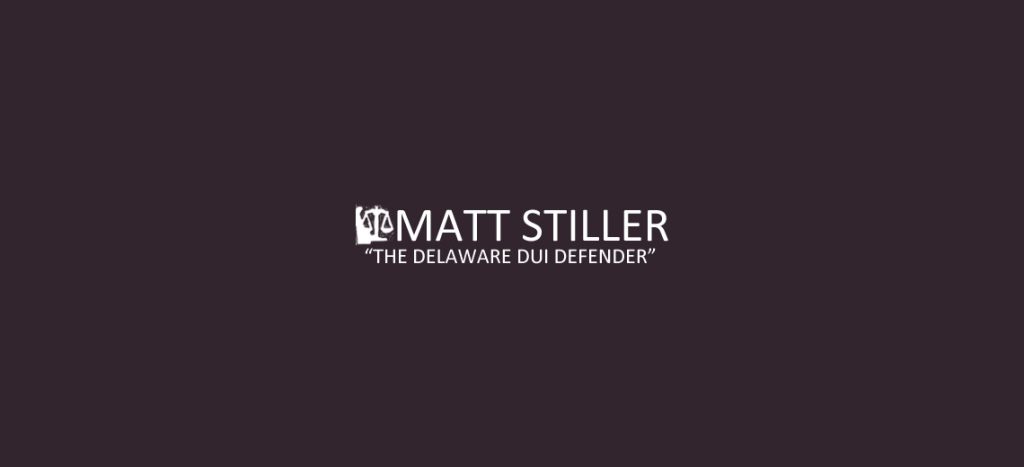Today I’m going to address a question I often receive from people who have been arrested for Driving Under the Influence of Alcohol (DUI) in Delaware. The question is, “How can I be arrested for DUI when they didn’t even give me a breath test?”
Let’s first consider the controlling statute or law. Section 4177(a) of Title 21 tells us “No person shall drive a motor vehicle: (1) When the person is under the influence of alcohol; (4) When the person’s alcohol concentration is .08 or more; or (5) When the person’s alcohol concentration is, within 4 hours after the time of driving, .08 or more.”
Generally speaking, there are two types of DUI cases: (1) an impairment theory case; and, (2) a presumptive theory case. An impairment theory case is one where the State does not have a valid blood alcohol concentration (BAC) test result that it is able to get into evidence; either because no test was performed, or because the test that was performed was done incorrectly. In this case, the State is relying on Section 4177(a)(1) to prosecute you. Here, the State will have to prove to a judge or jury that you were “under the influence of alcohol” at the time you were driving without being able to offer scientific proof of impairment; i.e., the results of a valid breath test or blood test.
A presumptive theory case is one where the State does have a valid breath or blood test result and is able to get it into evidence. This is called a “presumptive” theory case because Section 4177(a)(4) and (5) establish a statutory presumption of impairment. That portion of the statute essentially says that if your BAC is .08 or more within four hours of your operating a motor vehicle, you are “presumed” to have been impaired at the time you were in control of that motor vehicle. This is the easier of the two types of DUI cases for the State to prove.
If you’re charged with a DUI in Delaware, both defense and prosecution strategies will be influenced by whether your case is an impairment theory case or a presumptive theory case. And, for the most part, it doesn’t really matter if you’re charged with a DUI 1st Offense, a DUI 2nd Offense, a DUI 3rd Offense, a DUI 4th Offense, a DUI 5th Offense, a DUI 6th Offense, a DUI 7th Offense, or greater. If the State believes it will be difficult for it to prove its case against you, it will be more likely to offer you a reasonable plea. But inversely, if the State has a strong presumptive theory case against you, any plea the State offers might be more difficult to accept.
Thank you for taking the time to read my answer to this important question!





 CALL US NOW
CALL US NOW